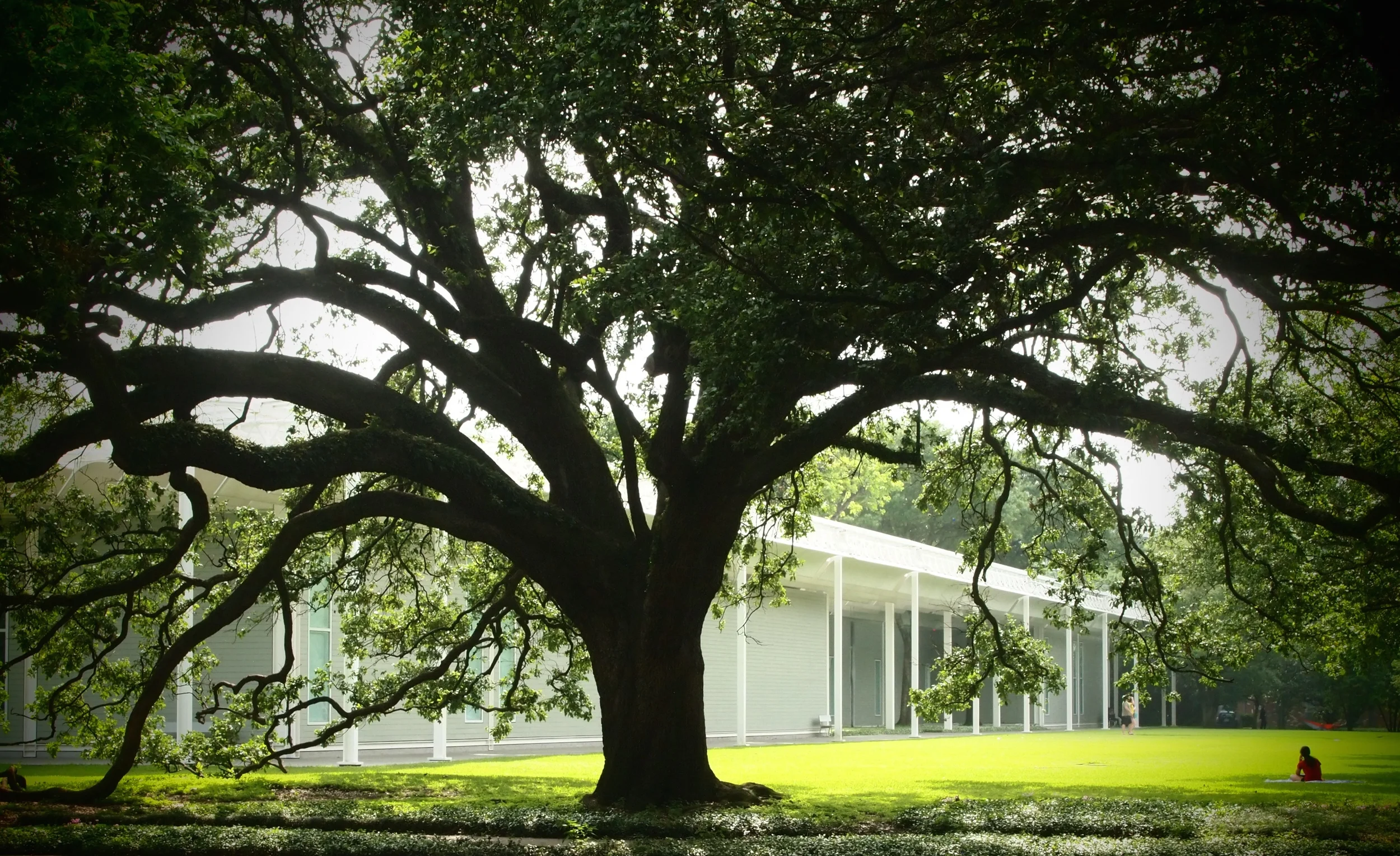Last week, I was asked to provide a brief bio. You know, the usual things - where I grew up, where I went to school, what I studied there, and last but not least - what I do outside of work... Given that this was a very brief and casual exercise, here is what I wrote:
My favorite pastimes are: running outside, visiting the many Houston museums, listening to podcasts (the TED Radio Hour and Freakonomics are my favorite), reading obscure psychology books (with the hope of gaining some unfair advantage), and hanging out with my adopted rescue pets.
This made me think that I spend a lot of time absorbing through some wonderful content that I wish I could share in a concise and manageable manner. And this week is a major milestone for my group at work as we will be releasing a brand new design for our company's website. The success (fingers crossed, it has been successful so far!) of this project made me think of my favorite TED talks and how they have influenced my approach to managing this team of wonderful creative people. And, for us, it boils down to three key messages I have learned through my hobbies: how to motivate people, how to manage collective creativity, and how to use prototyping for successful projects (click on the images below to watch each video - they are all rather short!).
Via TED: Career analyst Dan Pink examines the puzzle of motivation, starting with a fact that social scientists know but most managers don't: Traditional rewards aren't always as effective as we think. Listen for illuminating stories — and maybe, a way forward. (I included RSA Animate's interactive video as I thought their visual representation of this talk was extremely effective).
Via TED: What's the secret to unlocking the creativity hidden inside your daily work, and giving every great idea a chance? Harvard professor Linda Hill, co-author of "Collective Genius," has studied some of the world's most creative companies to come up with a set of tools and tactics to keep great ideas flowing — from everyone in the company, not just the designated "creatives."
Via TED: Tom Wujec presents some surprisingly deep research into the "marshmallow problem" — a simple team-building exercise that involves dry spaghetti, one yard of tape and a marshmallow. Who can build the tallest tower with these ingredients? And why does a surprising group always beat the average?



































A few months back, a co-worker of mine convinced me to join my company's Spartan Race team. He didn't talk it up much: he mentioned it's a long-ish run with a few fun obstacles. You know, no big deal. Something someone who runs as much as me should complete more than easily (read, you don't really need to train for it). Ha ha ha.